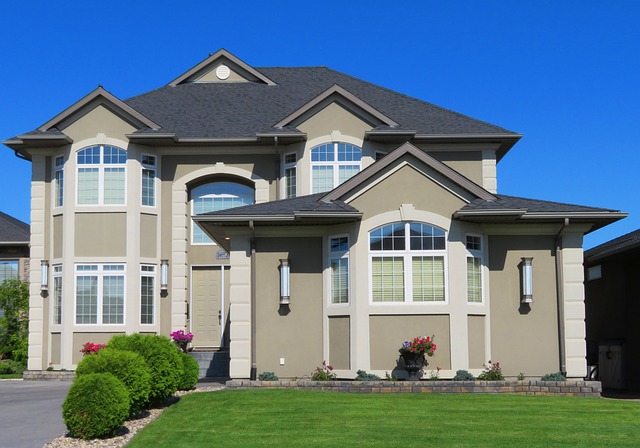When purchasing a second property in Singapore, it's essential to conduct a thorough market analysis to identify lucrative investment opportunities. Consider factors such as location, property type (condominiums, landed properties, or Executive Condominiums), and historical rental rates, which will influence your rental yield and overall profitability. Analyze market trends, economic indicators, and government policies to forecast future performance and ensure a strategic investment approach. Engage with seasoned real estate experts who can guide you through the complexities of Singapore's property market, providing insights into long-term value appreciation and potential rental yields. By leveraging online tools and expert advice, you can develop a solid investment strategy that aligns with your financial goals and capitalizes on the dynamic nature of Singapore's real estate landscape.
Remember to keep your analysis updated, as the market conditions in Singapore are subject to change with new government policies and shifts in economic trends. Always consider the total costs, maintenance fees, and community ambiance that will contribute to both your satisfaction and the long-term success of your investment.
Considering the strategic move of acquiring a second property in Singapore’s dynamic real estate market? This guide dissects the key factors from financial readiness to legal obligations, ensuring you make an informed decision. We delve into market trends, property types, and long-term investment value to help you navigate this significant purchase with confidence. Whether it’s for diversification or expansion, understanding each aspect is crucial for a savvy second property buy in Singapore.
- Understanding the Landscape of Buying a Second Property in Singapore
- Assessing Your Financial Capability for a Second Property Investment
- Legal Considerations and Documentation for Second Property Ownership
- Market Analysis: Identifying the Best Areas for a Second Property
- Evaluating Property Types: Condos, Landed Properties, and Executive Condominiums
- Strategic Planning: Long-Term Value and Rental Yield Projections for Your Second Property
Understanding the Landscape of Buying a Second Property in Singapore
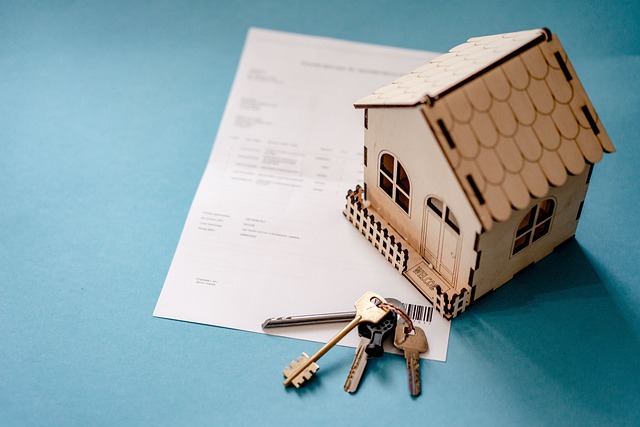
When considering the acquisition of a second property in Singapore, it’s crucial to grasp the nuances of the local real estate market. The landscape for buying a second property here is characterized by a blend of public and private housing options. Prospective buyers must navigate the intricacies of the Additional Buyer’s Stamp Duty (ABSD) and the Total Debt Servicing Ratio (TDSR), both of which are pivotal in determining the financial feasibility of a second property purchase. The Singapore government imposes these regulations to ensure a stable and sustainable property market, balancing the needs of first-time homeowners with those looking to expand their property portfolio.
To effectively compare different second properties in Singapore, one must consider the various types of properties available, including executive condominiums (ECs), private condos, and landed properties. Each property type comes with its unique set of benefits and constraints, influenced by factors such as location, size, and development potential. Additionally, understanding the trends in property prices, the availability of financing, and the prevailing economic conditions will provide a comprehensive overview of the market. This insight allows buyers to make informed decisions that align with their investment goals and financial strategies when purchasing a second property in Singapore.
Assessing Your Financial Capability for a Second Property Investment
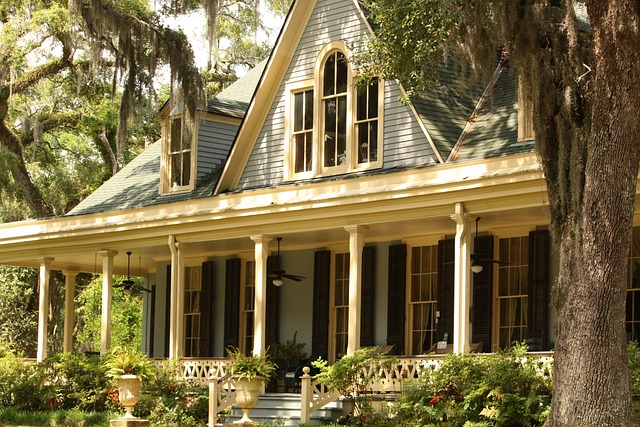
When contemplating the purchase of a second property in Singapore, it’s imperative to thoroughly assess your financial standing. Prospective investors must take stock of their current financial situation, including cash reserves and ongoing financial obligations. This due diligence involves examining your income stability, existing debt levels, and the impact of owning another property on your liquidity. It’s also crucial to project future earnings and expenses to ensure that the additional mortgage repayments will not strain your finances. Liquid assets play a key role in this calculation; they act as a buffer against unexpected financial hiccups or maintenance costs associated with property ownership.
Moreover, potential buyers should consider the broader economic landscape, including interest rate trends and the property market’s health in Singapore. A thorough understanding of how these factors might influence your investment over time is essential. Additionally, prospective investors must evaluate the total cost of ownership, which extends beyond the property price to include legal fees, stamp duties, renovation costs, and property taxes. By meticulously assessing your financial capability for a second property investment, you can make an informed decision that aligns with your long-term financial goals and contributes positively to your investment portfolio.
Legal Considerations and Documentation for Second Property Ownership
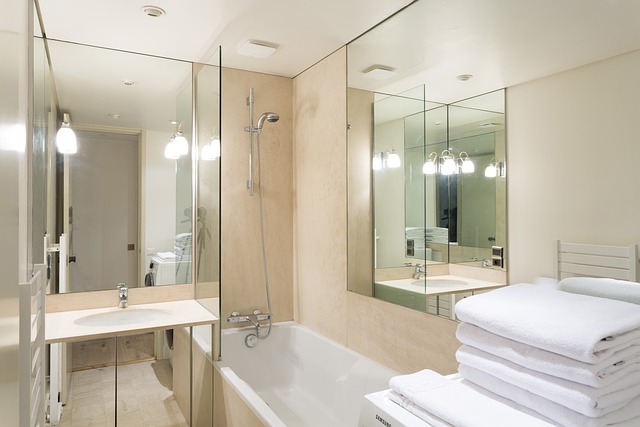
When considering the purchase of a second property in Singapore, legal considerations and thorough documentation are paramount to ensure compliance with local regulations. Prospective buyers must be aware that Singapore’s property market is governed by strict laws designed to maintain housing affordability and prevent speculative excesses. For instance, the Additional Buyer’s Stamp Duty (ABSD) is a tax imposed on individuals purchasing their second residential property, with increasing rates for subsequent properties. This duty serves as a deterrent against over-investment in real estate by individuals and must be factored into the financial planning of acquiring a second property.
Beyond ABSD, there are other legalities to consider. Buyers should familiarize themselves with the requirements set forth by the Singapore Land Authority (SLA) and the Inland Revenue Authority of Singapore (IRAS). Prospective buyers must ascertain their eligibility for property ownership under the various housing schemes, such as the Public Housing Scheme or the Design, Build and Sell Scheme. The legal due diligence also involves understanding the terms of the lease if the property is not freehold. This includes evaluating the lease’s duration, renewal terms, and any covenants that may affect ownership rights.
The documentation process for second property ownership in Singapore is comprehensive. It includes signing a Sale and Purchase Agreement (SPA), which legally binds both parties to the transaction. The SPA should be meticulously reviewed to ensure it reflects all agreed-upon terms, including price, payment schedules, and penalties for early termination or default. Additionally, buyers must complete the necessary application forms for ownership transfer with the SLA and submit the required supporting documents, such as proof of identity, financial standing, and eligibility. It is also imperative to consider the implications of owning multiple properties on one’s loan-to-value (LTV) ratio and overall financial commitments.
To navigate this complex legal landscape, it is advisable to engage a property lawyer with expertise in Singapore’s real estate market. Their guidance will be instrumental in ensuring that all legal requirements are met and that the purchase of a second property proceeds without complications. With the right legal advice and understanding of the documentation process, buying a second property in Singapore can be a smooth and successful endeavor.
Market Analysis: Identifying the Best Areas for a Second Property

When considering the purchase of a second property in Singapore, a thorough market analysis is pivotal to identify the best areas for investment. Prospective buyers should scrutinize recent property market trends, which often indicate which districts are experiencing growth and development. The prime locations have historically been those near the city center, such as the Central Business District (CBD), where properties consistently show robust capital appreciation potential. However, savvy investors also look beyond the CBD to emerging areas like Tampines and Woodlands New Towns, where government-led developments promise long-term value. These regions offer a blend of residential, commercial, and recreational facilities that cater to various lifestyle preferences. Additionally, the proximity to infrastructure projects, such as MRT lines and major roads, can significantly enhance the desirability and potential resale value of second properties in Singapore. Investors should also consider the rental yield prospects, as areas with a high demand for rentals can provide a steady income stream alongside capital appreciation. Conducting a detailed market analysis, incorporating these factors, is essential for making an informed decision when buying a second property in Singapore’s dynamic real estate landscape.
Evaluating Property Types: Condos, Landed Properties, and Executive Condominiums

When considering the purchase of a second property in Singapore, evaluating the type of property is crucial to align with your lifestyle preferences and investment goals. Condominiums, often referred to as condos, are a popular choice due to their convenience and community amenities. They offer a lock-up-and-go lifestyle, complete with facilities such as swimming pools, gyms, and security services, making them an attractive option for those seeking urban living or investment opportunities. These properties also come with the benefit of a smaller footprint compared to landed properties, which can be ideal for individuals or families who prioritize location over space.
On the other hand, landed properties such as terraced houses, semi-detached houses, and detached houses provide more privacy and personal space. They are typically situated in residential areas and come with their own gardens or yards. For buyers looking for a more substantial investment, these properties often appreciate in value over time, especially if they are located in well-established neighborhoods. Executive Condominiums (ECs) represent a unique segment of the market that bridges the gap between private condos and public housing. ECs offer a 99-year leasehold tenure with facilities similar to those found in condos, while also being eligible for certain government grants available to first-time homeowners. They cater to middle-income families and are a viable option for those considering a second property in Singapore, offering the potential for capital appreciation and a comfortable living space. When comparing these property types, consider factors such as total cost, maintenance fees, location, and the type of community you wish to be part of, all of which will influence your decision and contribute to your long-term satisfaction with your second property investment in Singapore.
Strategic Planning: Long-Term Value and Rental Yield Projections for Your Second Property
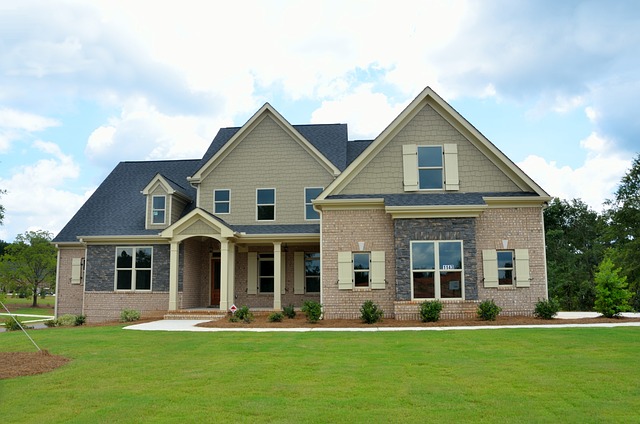
When considering the acquisition of a second property in Singapore, strategic planning is paramount to ensure long-term value and accurate rental yield projections. Investors must scrutinize historical data and market trends to forecast future performance. The Singapore property market is known for its resilience and growth potential, making it a strategic move for those looking to diversify their investment portfolio. Prospective buyers should analyze the location, property type, and historical rental rates of similar properties in the vicinity. This data can provide insights into potential rental yields, which are critical for assessing the profitability of your second property. Additionally, understanding the supply and demand dynamics within different regions of Singapore will inform whether the market is favorable for rentals or for capital appreciation.
Furthermore, investors should consider the broader economic indicators that influence real estate values in Singapore. Factors such as employment rates, population growth, and government policies play a significant role in the property market’s stability and direction. By leveraging tools like rental yield calculators and long-term investment simulations, one can project potential returns on their second property. It is also advisable to consult with real estate professionals who specialize in the Singapore market to gain a comprehensive understanding of the nuances that could affect your investment’s performance over time. Buying a second property in Singapore requires a well-thought-out strategy that accounts for both market conditions and individual financial goals.
When contemplating the acquisition of a second property in Singapore, prospective investors must navigate a multifaceted landscape that encompasses financial readiness, legal obligations, and strategic planning. This article has outlined the key aspects to consider, from understanding the market dynamics to evaluating the potential of various property types. By carefully assessing your financial capacity, staying abreast of legal requirements, and conducting thorough market analysis, you can make an informed decision that aligns with your investment goals. Whether you’re looking to expand your portfolio for long-term value or to generate rental yields, the insights provided here serve as a guide to successfully buy a second property in Singapore. Prospective investors should take these considerations into account to navigate this process with confidence and prudence.
